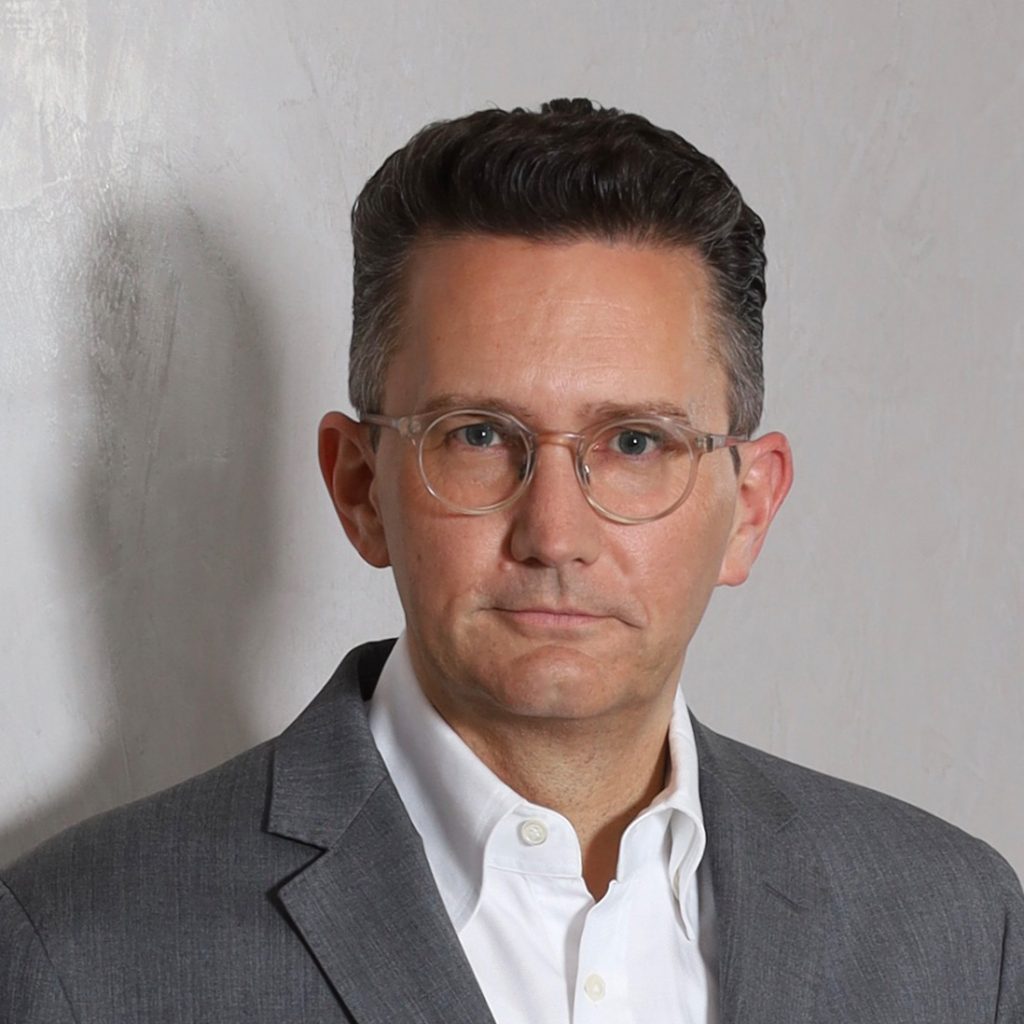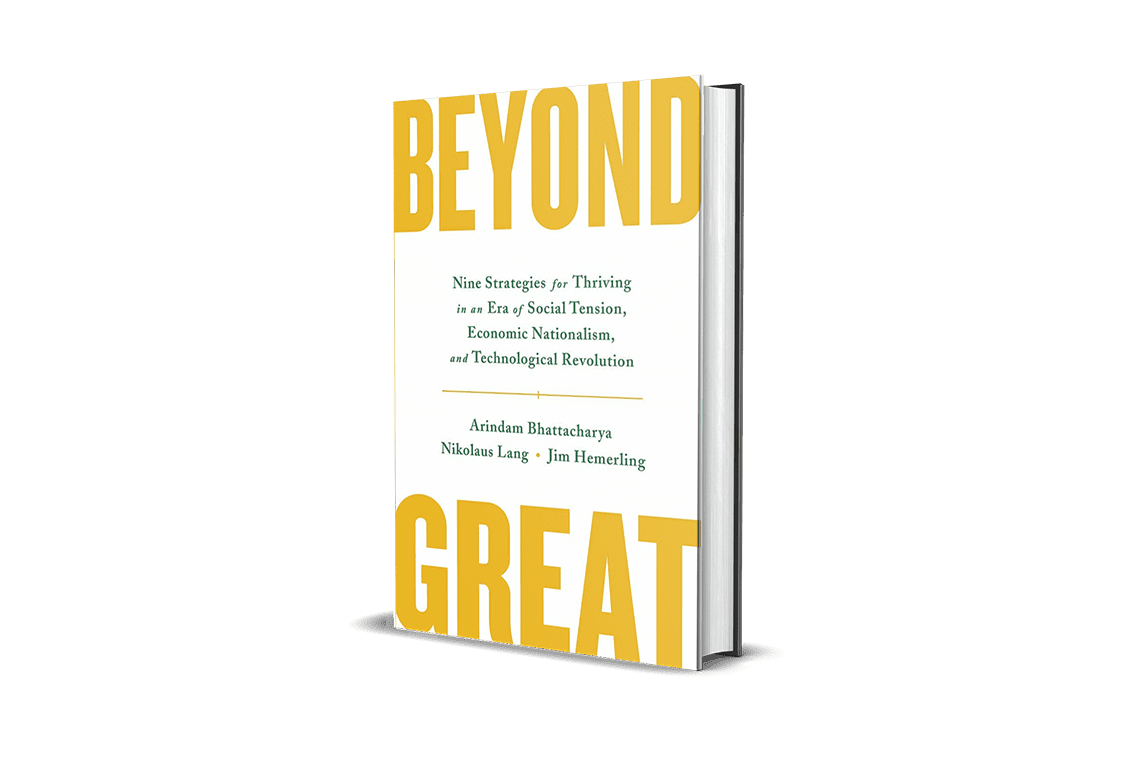Nikolaus Lang
Global Leader, BCG Henderson Institute
Expertise
- AI Competitiveness
- Globalization
- Future of Mobility
Education
- Dr. oec., Lic.oec., Organizational Leadership, University of St.Gallen
- Baccalaureat, Economics. Lycee francais de Vienne, Vienna, Austria
Location
Contact

Nikolaus Lang
Global Leader, BCG Henderson Institute

Nikolaus Lang is the Global Leader of the BCG Henderson Institute, Boston Consulting Group’s think tank dedicated to exploring and developing new ideas and insights for business strategy, technology, geopolitics, macroeconomics, society and talent, and climate and sustainability, among other key topics.
At the BCG Henderson Institute, Nikolaus leads a global network of researchers and experts who are driving thought leadership for BCG and are shaping the future of business. He oversees the Institute’s research agenda and overall management, while also heading the Geopolitics research team and the Institute’s global leadership team, consisting of senior stakeholders across BCG. His work helps businesses and policymakers navigate complex global challenges and seize emerging opportunities.
Previously, as an Alum Fellow (2016-2019), he focused on researching collaboration in the digital age and the crucial role that cross-border joint ventures, alliances, and business ecosystems play.
Nikolaus’s career spans over 25 years in management consulting and global strategy. He joined BCG in 1998 and has advised clients in more than 50 countries on topics such as mobility, geopolitics, trade, and international collaboration strategies. He is also currently serving as the Global Vice Chair of BCG’s Global Advantage practice, focusing on competitive dynamics in an increasingly interconnected world.
Nikolaus holds an honorary professorship at the University of St. Gallen, where he bridges academic research with real-world strategy. He is also the coauthor of Beyond Great: Nine Strategies for Thriving in an Era of Social Tension, Economic Nationalism, and Technological Revolution (PublicAffairs, 2020), a book that provides strategic insights for businesses facing geopolitical and technological disruption.
He is a frequent speaker on these topics speaking at events such as The Economist in addition to C-suite events of Fortune 500 clients. His work has been published in leading publications including The World Economic Forum and Harvard Business Review, among others.
5 Ways Leaders Can Adapt to Shifting Geopolitics
Nikolaus S. Lang explores the rise of a multipolar world by 2030 and offers insights to help business leaders navigate the shifting geopolitical landscape.
Book(s) co-authored by Nikolaus Lang
Beyond Great
Great is no longer good enough. Beyond Great delivers a powerful new playbook of 9 core strategies to thrive in a post-COVID world where all the rules of the game are being re-written.
Recent Work
The Doom Loop with Eswar Prasad
"Middle powers are caught in an intense power struggle between the two superpowers. As they’re teetering from one side to the other, they cannot become agents of stability. In fact, they end up creating even more instability."
The New Geography of Innovation with Mehran Gul
"The AI boom is not like the internet boom. These are not companies that are being born in garages—scale matters, customers matter, your ability to invest heavily in infrastructure matters, speed and efficiency matter."
The Defense Technology Frontier: How Europe Could Lead
European governments looking to improve their military capabilities must also strategically invest in emerging defense technologies of the future.
Old Continent, New Growth: Pension Reform as an Economic Engine for Europe
Restructuring pensions to rely on funded schemes could ease fiscal burdens for European governments and for taxpayers.
Shared Prosperity in a Fractured World with Dani Rodrik
"Manufacturing used to be a shortcut for development. It no longer is. In fact, to succeed in manufacturing today, you have to develop first—because you have to develop the skills, the capital, the infrastructure."
How Europe’s CEOs Are Winning with Quiet Resilience
Outside the spotlight, key European firms are powering the continent’s economic revival. Their resilience and long-term growth prospects offer lessons for bold leaders.



